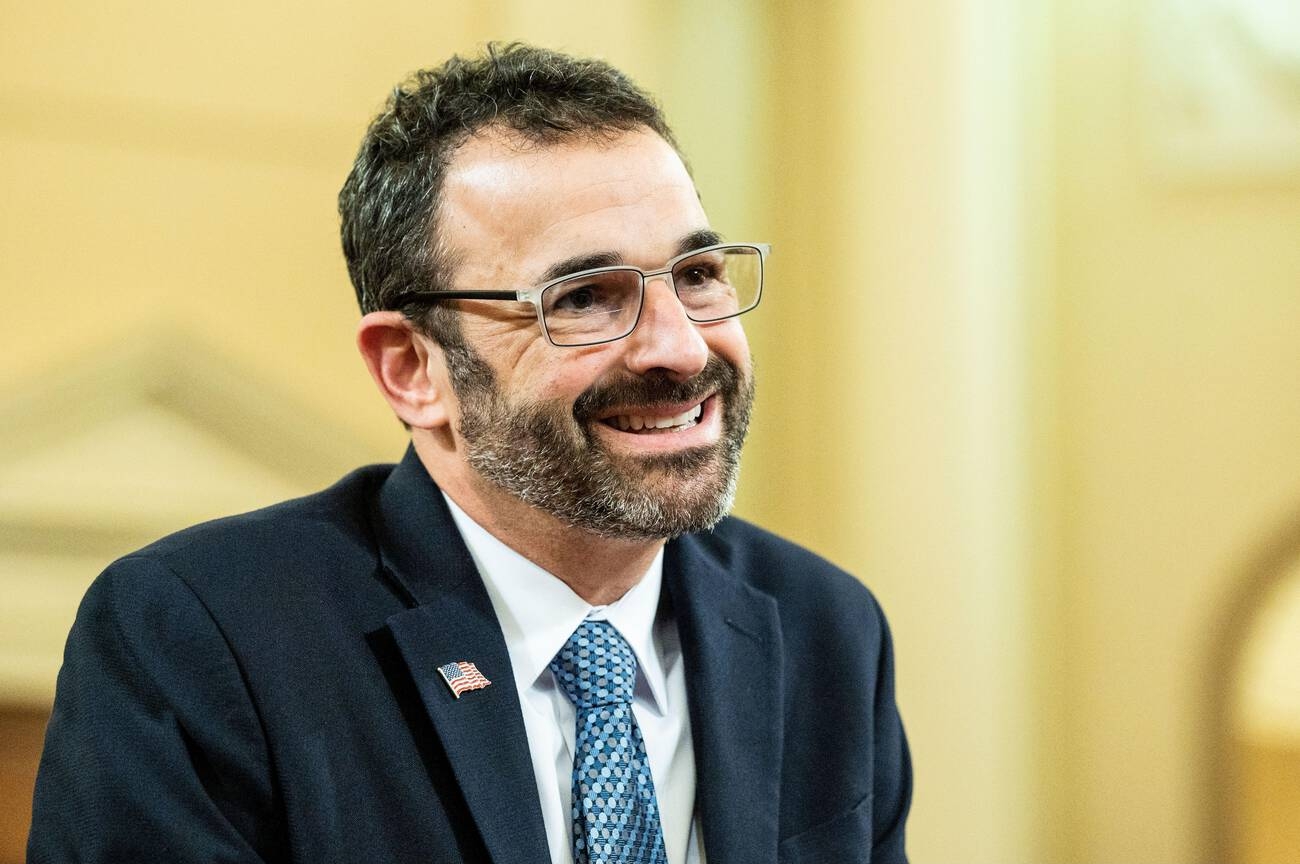IRS Commissioner Danny Werfel told reporters on July 24 that he’s “fairly optimistic” a recent Supreme Court decision won’t deter future efforts by the agency to provide improved services for taxpayers.
Last month, the Supreme Court gave judges more power to block new regulations if they are not clearly authorized by federal law.
The court’s conservative majority on June 28 overturned a 40-year-old rule, known as the Chevron doctrine, that said judges should defer to agencies and their regulations if the law is not clear.
The 6-3 ruling came in Loper Bright Enterprises v. Raimondo and a related case, Relentless Inc. v. Department of Commerce. Loper Bright involved a National Marine Fisheries Service regulation requiring commercial fisheries to pay about $700 daily for an industry monitoring program. However, the effects of the Supreme Court’s ruling extend far beyond the fishing industry and could significantly impact the IRS and the Treasury Department, which interpret complex tax laws.
On Wednesday, Werfel didn’t seem too concerned—yet—about how the Loper Bright ruling will impact the tax agency. The Hill reported earlier today:
With the recent Supreme Court ruling in Loper Bright Enterprises v. Raimondo that did away with a longstanding precedent for federal agencies to make their own interpretive judgments on legislation, the legal environment underpinning regulatory initiatives like those currently giving the IRS a makeover could be changing.
However, IRS Commissioner Danny Werfel, who has long stressed the need for greater resources at the IRS, didn’t sound phased by the ruling on a Wednesday call with reporters.
“There is a lot of momentum that we have that will not rely on … future steps on regulations, any regulatory challenges, and so I’m fairly optimistic that right now the only barrier we have to providing taxpayers better service is just funding,” he said.
The IRS received nearly $80 billion in funding over a 10-year period through Democrats’ Inflation Reduction Act, signed into law by President Joe Biden in August 2022. However, the agency is bracing for a more severe round of funding cuts if Republicans take over the White House and both houses of Congress after the 2024 election.
Approximately $1.4 billion of that funding was already rescinded by lawmakers as part of debt ceiling negotiations last year. Another $20 billion or so will be cut and repurposed as part of an agreement in June 2023 between Biden and then-House Speaker Kevin McCarthy to suspend the debt limit and cap federal agency spending.
Earlier this year, Democrats agreed to an acceleration of the $20 billion cut in the IRS’s Inflation Reduction Act funding in an effort to get a full-year federal spending law passed to avoid a partial government shutdown.
Werfel said in January that the agency would still spend its now-$60 billion allocation over the next 10 years and spread the need for more funding into later years.
“Our intent is to spend the money to have maximum impact in helping taxpayers,” he said, “to have maximum impact now and in the immediate future.”
“My hope is that as we demonstrate the positive impact that IRA funding is having for all taxpayers, that there will be a need and a desire amongst policymakers at that time to restore IRS funding so that we can continue the momentum that’s having a very positive impact,” Werfel added.
Thanks for reading CPA Practice Advisor!
Subscribe Already registered? Log In
Need more information? Read the FAQs




